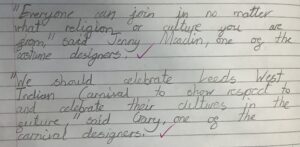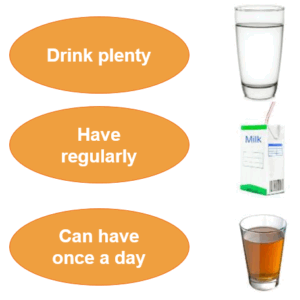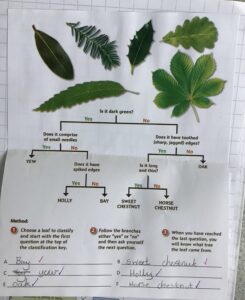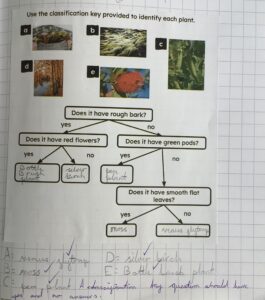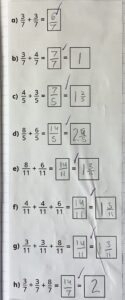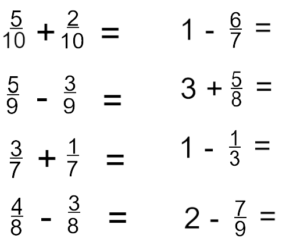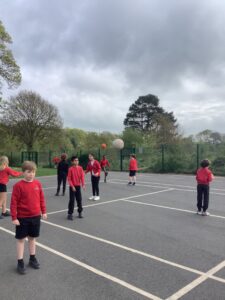Waterstones!
Yesterday, 9 children from Year 3 and 4 went on a trip into Leeds city centre to visit Waterstones!
The children had a look around and all chose a book to take home. We had great fun looking at all the different choices that were available. It was hard to choose just one!
Your children chose a mixture of books – graphic novels, narratives and non-fiction books.
It was a lovely afternoon out!
Brownlee Triathlon
This week, a group of our Key Stage 2 pupils took part in the Brownlee Foundation Mini Triathlon event at John Smeaton. This is always a popular and oversubscribed event and it introduces the children to the elements of triathlon – a swim, a bike ride and a run.
Well done to all the children for taking part, showing great determination and supporting each other.



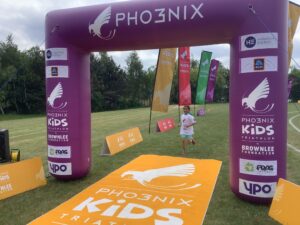








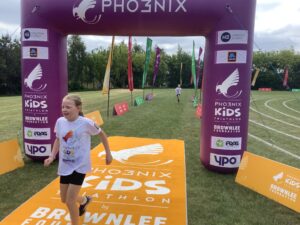




If your child is interested in triathlons, please see more details in our physical activity guide or have a look at the bike and run opportunities at the Brownlee Centre.

Some children are also competing in the upcoming junior aquathlon taking place at Leeds University on 1st June. More details can be found here.
Writing: Hot-Seat
In writing, we’re currently working on a piece of journalistic writing all about Leeds West Indian Carnival.
The purpose is to tell the news.
We’re learning about the carnival in our History topic at the moment so we know loads about it! A carnival is a festival that is made up of processions, dancing, music and costumes.
The R2s (remember tos) for our online news article are going to be:
- a headline
- subheadings
- main facts
- history of the carnival
- quotes
Today, we looked more closely at quotes. Your children did a hot-seat where they got to interview some people about the carnival. We then used the quotes gathered from these interviews to turn into direct speech.
Help at home: ask your child who founded the Leeds West Indian Carnival? Why did they start Leeds West Indian Carnival? What does Leeds West Indian Carnival involve?
Living & Learning: keeping hydrated
As part of our L&L focus on healthy eating, Year 4 have been learning about hydration and why its so important.
Our body is nearly two-thirds water, so we must make sure we keep it full of fluids and stay hydrated. Water is essential for life, and it is important to get the right amount of fluid to be healthy.
Hydration can be defined as replacing the lost fluid, particularly water, in something. Therefore, when we do exercise or enjoy the warm weather we must be extra careful to stay hydrated as we lose more water in sweat.
Remember to always bring a water bottle to school – especially now the suns out!
We can get fluids from many different liquids:
- Water is the best choice because it hydrates us without adding sugar or damaging teeth.
- Milk is a useful source of nutrients like calcium, vitamins and proteins.
- Fruit/vegetable juices and smoothies provide water plus some vitamins, minerals and fibre. However, they are also high in natural sugars!
Help at home: test your child’s hydration knowledge using these questions…
1. Roughly, what percentage of water comes from foods?
- 0%
- 10%
- 15%
- 20%
2. Which of the following is the drink recommended to be consumed the most frequently?
- Water
- Milk
- Sugary drinks
- Sports and energy drinks
3. Why is it recommended that children should avoid sugary drinks?
- They contain less fluid
- The sugar can potentially damage teeth
- They do not contain caffeine
- They contain more vitamins
4. Which of the following are likely to increase your fluid requirements?
- A cold day
- Partaking in vigorous exercise
- Watching TV
- All of the above
Science: classification keys
We are biologists!
This half-term Year 4 are learning about our second unit of biology:
Living things and their habitats!
As part of this topic, your children have been revisiting classification keys. Classification keys are used to sort living things according to their characteristics.
We discussed what makes a good classification key question…
It must be a closed (yes or no) question.
It must be about an observable characteristic.
It must not be based on opinion.
Year 4 have been using and creating classification keys to help them identify a variety of unknown animals and plants.
Help at home: go outside (in your garden or local park) and pick 4 different plants. Can your child create a classification key to sort these plants?
Herd Farm adventures
One of the reasons we take the children on a residential visit is to find out more about the children outside of school as well as the obvious opportunity to experience the adventurous activities. This year was no different – we see a whole different side of the children and even found out that some move around in the splits!

It was an amazing visit and the children were fabulous. There were hesitations and nerves about some activities but nobody refused to do anything and a lot of them surprised themselves. This is what they got up to..
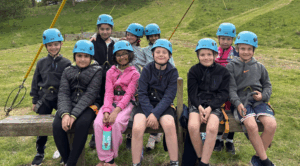

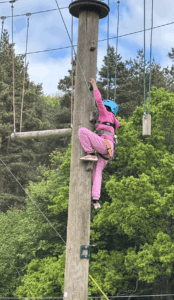

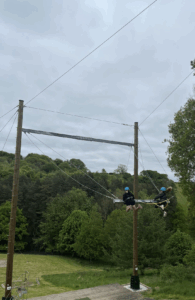
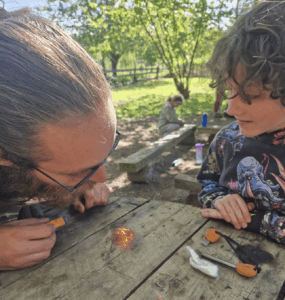

 .
. 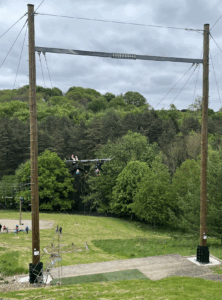
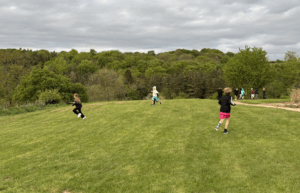

 .
. 
A huge thank you to Miss Newman and Mrs Charlesworth for giving up their time (and sleep!).
Until next year!
Writing: Chocolate Cake by Michael Rosen
Year 4 are currently writing a narrative inspired by Chocolate Cake by Michael Rosen.
A narrative is a story and its purpose is interest and entertain.
We’ve watched Michael Rosen perform this poem and your children love it! Give it a watch here: https://www.youtube.com/watch?v=tWrOeNKvtHI&t=46s
Our narrative is going to be about sneaking into the teacher’s staffroom and stealing a delicious treat. To help inspire this, your children got to take a sneaky trip into the staffroom to see what it’s really like.
We’ve been practising direct speech lots this week as we want to include that in our narratives. I’ve been really impressed with how well your children have grasped this as it can be tricky!

Help at home: have a brief conversation with your children and ask them to write it down using direct speech. Make sure they use all our R2s above!
Summer term after-school clubs
Maths: adding and subtracting fractions
We are coming to the end of our fractions topic in Year 4. I’ve been so impressed with your children’s maths this unit – they’ve wowed me!
This week, we’ve been looking at adding and subtracting fractions with the same denominator.
When the denominators are the same, to add the fractions we must add the numerator.
When the denominators are the same, to subtract the fractions we must subtract the numerator.
We’d previously learnt about converting between improper fractions (fractions where the numerator is greater than the denominator) and mixed numbers (a whole number with a proper fraction). Your children deepened this knowledge by applying it into their addition and subtractions.
Help at home: ask your children to complete these addition and subtractions:
PE: netball
This half-term in PE, we’re doing netball!
Netball is a fantastic sport for your children to practise a variety of different skills (e.g., passing, catching, shooting, defending etc.).
This week, we began exploring some different ways we can pass the ball in netball – chest pass and bounce pass. We recapped our ‘pass and point‘ technique which we used in rugby. When you release a ball during a pass, your fingers should end pointing towards where you are aiming. This is a great technique to ensure an accurate pass.
Help at home: if you have a ball at home (any ball will do) practise some chest and bounce passes with your child. Remember, you must not move with the ball!




